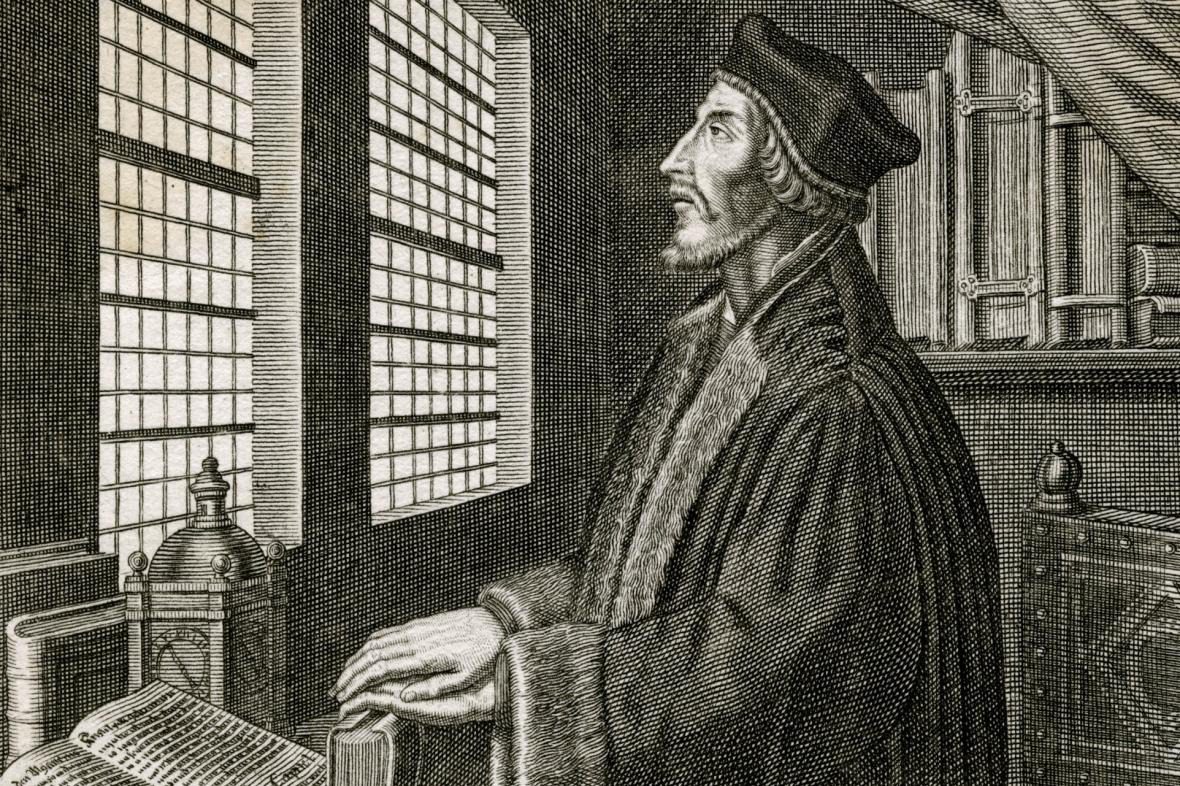On July 6th, the Czech Republic celebrates Jan Hus Day. This holiday commemorates the life and death of Jan Hus, a theologian, and philosopher who significantly impacted Czech and European history.
Hus was born in Bohemia (present-day Czech Republic) in the 14th century, during a time of great religious and political upheaval. He was ordained as a priest and became a professor of theology at the University of Prague, where he began to develop ideas critical of the Catholic Church.
Hus believed the Bible should be the ultimate authority in matters of faith rather than the pope or other church officials. He also criticized the sale of indulgences, certificates of forgiveness that wealthy individuals could purchase.
Hus’s ideas were controversial, and he was eventually declared a heretic by the Catholic Church. He was excommunicated and ordered to recant his beliefs, but he refused. In 1415, he was burned at the stake for his defiance.
Despite his brutal death, Hus’s ideas spread throughout Europe, influencing the Protestant Reformation and the development of the Czech national identity.
Today, Jan Hus is recognized as a national hero in the Czech Republic. His death is remembered as a symbol of resistance against oppression and a commitment to the pursuit of truth and justice.
Jan Hus Day is an opportunity for Czechs to reflect on this remarkable figure’s legacy and celebrate the values of freedom, democracy, and human rights that he embodied.
In addition to official ceremonies and events, many Czechs mark the occasion by visiting the statue of Jan Hus in Prague’s Old Town Square, where they lay flowers and light candles in his honor.
Jan Hus Day is a reminder that the struggle for justice and freedom is never easy, but it is always worth fighting for.





